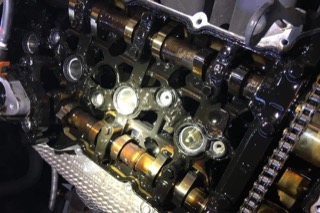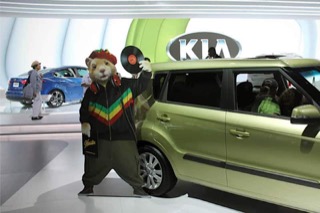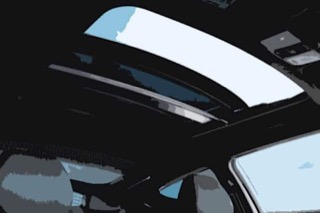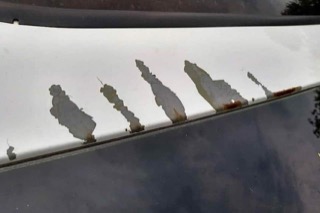Hyundai lawsuit Problems
Elantra Nu Engine Tick
The 1.8L Nu engine has been ticking owners off with its constant ticks, connecting rod knocks, predispostion to engine bearing failure and problems with oil sludge. These problems all happen within Hyundai's 10-year / 100,000 mile warranty,…
Continue reading article "Elantra Nu Engine Tick"
Rodents Chew Hyundai's Soy Wiring
The wiring in cars used to be coated in a petroleum-based plastic, but recently automakers, including Hyundai, have switched to a soy-based material. The soy is biodegradable and helps keep plastic out of the landfill (yay!). Unfortunately …
Continue reading article "Rodents Chew Hyundai's Soy Wiring"
Panoramic Sunroof Explodes
Hyundai refuses to acknowledge that their sunroofs have been exploding under normal driving conditions, but they’re offering plenty of coverage to owners if (or when) it happens thanks to a 2019 lawsuit settlement.
Continue reading article "Panoramic Sunroof Explodes"
Hyundai's Self-Peeling Paint
Hyundai’s self-healing paint is advertised to heal minor scratches using a chemical compound called scratch recovery clear. However, owners content over time that same compound allows the paint to come off in large sheets.
Continue reading article "Hyundai's Self-Peeling Paint"